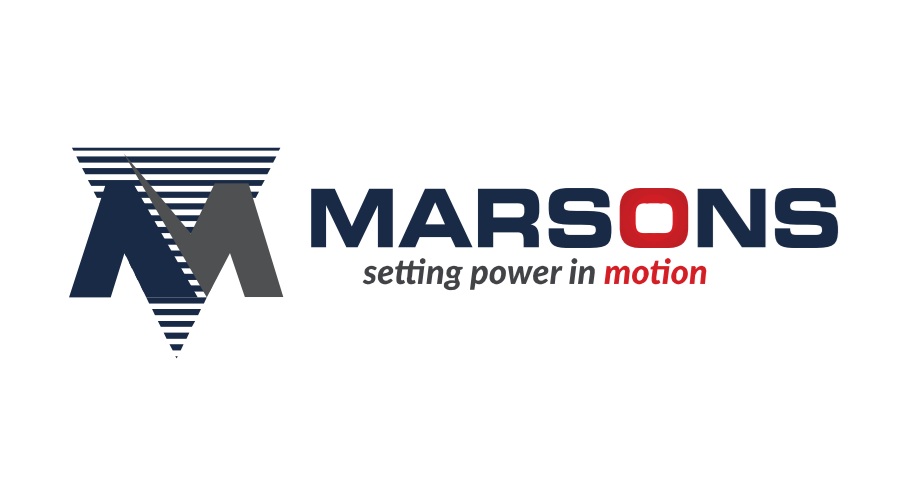In a bold move to tackle rampant overbilling and bring transparency to electricity consumption, the Government of Pakistan has launched a new mobile application called Power Smart. This app allows consumers to submit their own electricity meter readings directly from their smartphones, bypassing traditional meter reader errors and giving users more control over their monthly bills. As of August 3, 2025, the initiative is gaining traction across the country, excluding Karachi, and is being hailed as a potential game-changer in the power sector.
Key Highlights of the Power Smart Initiative
The app enables users to upload real-time meter readings, which override those recorded by official meter readers if submitted on time.
Available in five regional languages—English, Punjabi, Sindhi, Pashto, and Balochi—to ensure accessibility across diverse demographics.
Developed by the Power Information Technology Company, the app is free to use and supports both meter owners and tenants.
Over 830,000 downloads have been recorded, with an average of 25,000 new users per day in the past month.
How the App Works
User Registration Consumers download the Power Smart app and sign up using:
-
Name
-
CNIC number
-
Mobile number
-
Password
Meter Linking Users enter their 14-digit electricity meter number to receive their designated meter reading date.
Image Submission On the scheduled date, users upload a clear image of their meter. This image is timestamped and used to calculate the bill.
Confirmation and Summary Once submitted, the app confirms the reading and provides a usage summary, helping users track their consumption and avoid slab threshold penalties.
Why This Matters
-
Slab Sensitivity Pakistan’s electricity billing system is slab-based, meaning even a single unit over a threshold can spike bills dramatically. For example, crossing a slab can increase a bill from Rs 2,300 to over Rs 8,000.
-
Human Error and Overbilling Traditional meter readings are often inaccurate due to human error or negligence. The app aims to eliminate these discrepancies.
-
Consumer Empowerment By allowing users to self-report, the government is shifting control from utility companies to consumers, fostering accountability and trust.
Challenges and Limitations
Despite its promise, the app faces several hurdles:
-
Digital Literacy Many users, especially in rural areas, struggle to navigate mobile applications.
-
Internet Access Patchy connectivity in remote regions limits the app’s reach and effectiveness.
-
Verification Issues Some users report receiving messages that their meter reading date has passed, even after timely submission.
Public Response and Adoption
-
The app has seen enthusiastic adoption in urban centers, with users praising its simplicity and effectiveness.
-
However, critics argue that without widespread digital education and infrastructure upgrades, the app’s benefits may remain limited to tech-savvy populations.
Broader Implications for the Power Sector
-
Transparency and Accountability The app could serve as a model for other utilities, encouraging digitization and consumer participation.
-
Data-Driven Planning Real-time consumption data can help power companies plan load distribution and infrastructure upgrades more efficiently.
-
Policy Evolution If successful, similar models may be introduced for water and gas utilities, expanding the scope of consumer-led governance.
Conclusion
The Power Smart app represents a significant step toward democratizing energy consumption in Pakistan. By giving users the tools to monitor and report their own usage, the government is not only addressing overbilling but also fostering a culture of transparency and responsibility. While challenges remain, especially in terms of accessibility and digital literacy, the initiative is a promising start toward a smarter, more accountable power grid.
Source: The News International – August 3, 2025






